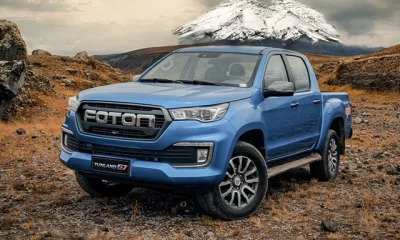Global demand for electric cars is poised to explode in the coming decade, yet formidable challenges remain. Range anxiety is a major concern for many potential buyers, while charging infrastructure is still lacking in many countries. But perhaps the biggest hurdle to mass EV acceptance is how much an electric vehicle costs.
The lithium ion batteries that electric vehicles need to ensure a reasonable driving range between charges are incredibly expensive at the moment, but the good news is that as production scale increases, these prices are coming down.
But how long will it take before an electric vehicle is cheaper to produce than the equivalent petrol-engined variant? As first reported by The Guardian, BloombergNEF is forecasting that larger electric vehicles will reach cost parity with their combustion engined counterparts by 2026, while smaller and more affordable vehicles should reach that level by 2027.
Interestingly, the report also predicts that by the year 2030 an average medium-sized electric vehicle on sale in Europe will actually be 18 percent less expensive than the equivalent petrol or diesel model, and that’s before taking any taxation differences into account. In fact, at this cost level subsidies and incentives simply won’t be needed.
Other predictions are even bolder, with UBS recently stating that EVs and ICE cars will reach cost parity by 2024, according to The Guardian.
Either way, electric vehicle sales are poised to increase at an exponential rate in the coming decade. BloombergNEC predicts that annual global EV sales will increase to around 8.5 million by 2025, from just 2.1 million in 2019, and to a massive 26 million in 2030. Make that 54 million for the year 2040. By then many countries, particularly those in Europe, would have banned internal combustion vehicles altogether.
Given South Africa’s electricity supply woes and the current lack of charging infrastructure, not to mention the punitive government tariffs, it could take considerably longer for electric cars to take off in South Africa. However, the availability of cheaper electric cars would surely get the ball rolling to some degree.








